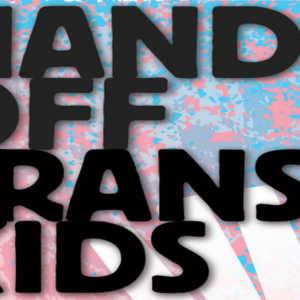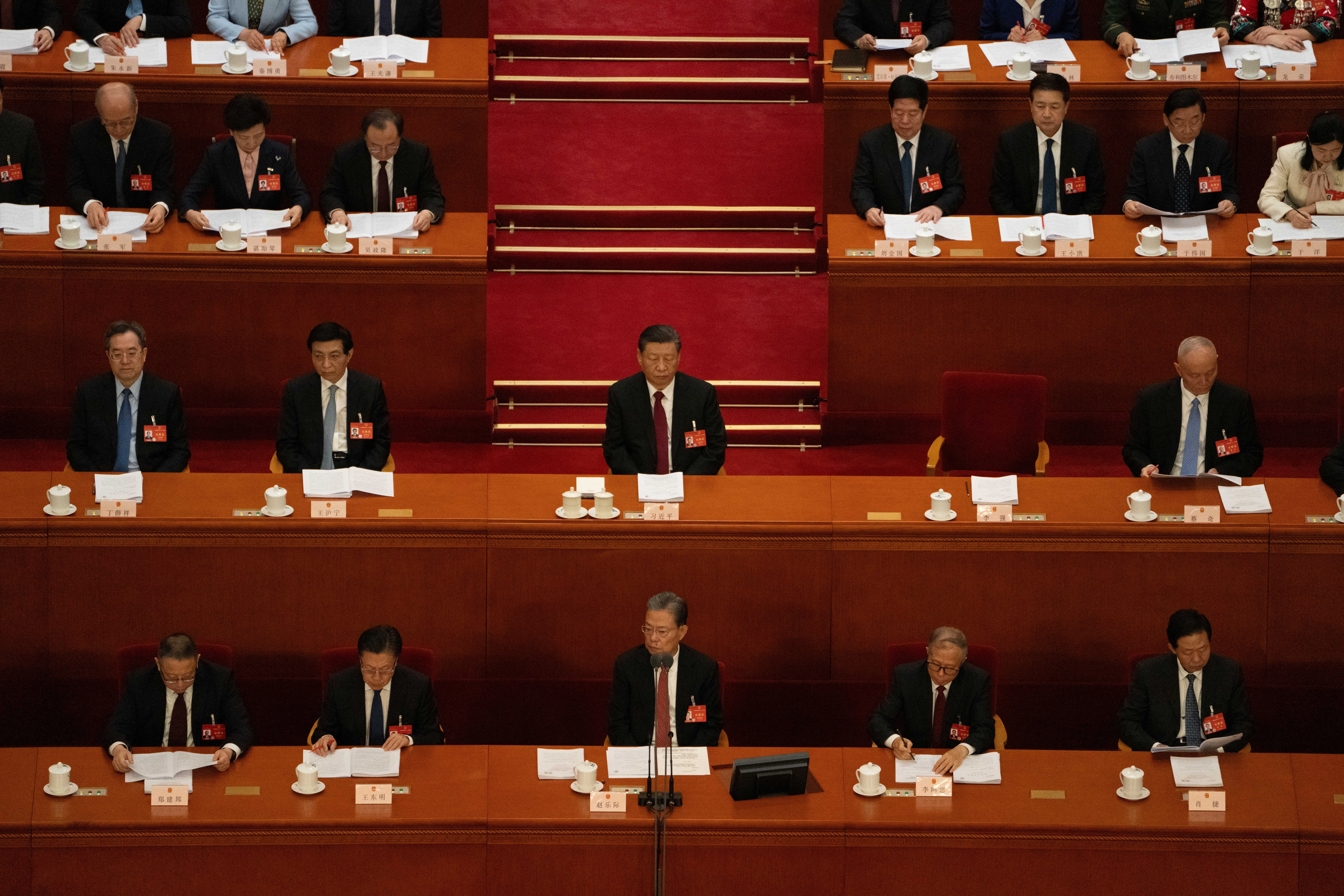Leonidas and his two co-authors hope to visit Belgium, England, France, Germany, Ireland, Scotland and the Spanish state – to promote and discuss their remarkable book, just translated into English, Uprising, about the October 2019 rebellion in Ecuador, and to build two-way solidarity between movements in the South and the North,
They want to build bridges between the Indigenous, land and environmental struggles in Latin America, and the new generations of climate and social justice activists here, including the strike waves in several European countries.
But they need your help to pay for the trip.
Whatever you give will be matched by the Indigenous movement’s own efforts to raise funds.
We’ve already gathered £1,500. So we only need another £2,500.
If you donate £50 or more, you’ll get a free copy of the book.
Leonidas Iza came to prominence as a key figure in the October 2019 Indigenous-led uprising in Ecuador. In 2021. he was elected President of CONAIE, the Confederation of Ecuadorean Indigenous Nationalities. In that role, he led the national strike that again brought Ecuador to a halt last June. Along with Andres Tapia and Andres Madrid, two others from the new generation of Indigenous and popular movement leaders, he has written Uprising, a book that is both an impassioned first-hand account of what happened in the insurrection and how, and a profound, anti-capitalist analysis of why it came about and the lessons to be learned.
The authors are also committed internationalists, dedicated to sharing the experiences of their own struggle and learning from those of others. They have been promoting solidarity with the mass movement in Peru and Bolivia, building links with movements in Mexico and the United States, especially among migrant communities, and they have played an active part in the COP26 and now Climate Justice Coalition.
Leonidas is speaking at the Coalition’s virtual We Make Tomorrow rally on 9 May.
Their book is being published in English by Resistance Books, which is organising their visit to Europe and this crowd-funding initiative.
Here are some comments on the book:
The October 2019 rising in Ecuador was a sign of things to come, as estallidos, or uprisings, erupted later in Chile and Colombia. They represented a “people in movement” – the construction of a new kind of power from below, the merging of new forms of popular resistance with historic expressions of indigenous rebellion, all reflected in the collective voice of rebellion which this remarkable book presents. In the course of those October days, as one speaker puts it, “the everyday became extraordinary”, and a different future beckoned.
Mike Gonzales, Emeritus Professor of Latin American Studies, Glasgow University
Leonidas Iza and his fellow authors inspired some of our biggest gatherings around COP26, with their internationalist and revolutionary vision of the fight against fossil-fuelled capital. This book, and the experiences of the uprisings in Ecuador and Latin America, have so much to teach us in the
climate justice movement about how to organise millions of people in our shared struggle for another way of living on this planet – please read it!
Camille Barbagallo, former Co-ordinator of the COP26 Coalition.
Through the prism of popular revolt in Ecuador, this book shifts our focus away from elections, presidents, and parliamentary figures, and towards indigenous insurrection and the rural-urban insubordination of popular classes. It shows how the experiences of struggle and self-organization are the breeding ground of indigenous emancipation and socialist possibility. This text historicizes that moment, disentangles the complex networks of solidarity underpinning it, and explains it as a fundamental response to Ecuador’s subordinated development within the capitalist world economy and the ongoing displacement of capitalist crises onto the oppressed.
Jeffery R. Webber, co-author of The Impasse of the Latin American Left
Art Book Review Books Capitalism China Climate Emergency Conservative Government Conservative Party COVID-19 Creeping Fascism Economics EcoSocialism Elections Europe Event Video Far-Right Fascism Film Film Review France Gaza Global Police State History Imperialism Israel Italy Keir Starmer Labour Party London Long Read Marxism Marxist Theory Migrants NATO Palestine pandemic Protest Russia Solidarity Statement Trade Unionism Trans*Mission Ukraine United States of America War
Latest articles
- France after the elections: How should the radical left act?In the wake of the National Assembly’s dissolution and new parliamentary configuration, La France Insoumise (LFI) should adopt a clear stance of radical opposition, emphasizing its commitment to anticapitalist principles and democratic reforms while avoiding any compromise with the existing government unless it secures absolute majority support from the populace, argues Gilbert Achcar.
- Why Socialists Oppose the Two‑Child Welfare CapIn this article, Simon Hannah explores why socialists vehemently oppose the government’s two-child welfare cap, arguing that it stems from austerity measures and reactionary views on the poor.
- Hands off Trans KidsA pamphlet from Anti*Capitalist Resistance.
- Two Child Benefit RevoltDave Kellaway responds to the revolt by Labour MPs and others to the Labour government keeping the Tories’ hated two child benefit cap.
- The beginning of the end of China’s rise?This is the second interview in a two-part series. The first interview (“Opposing US militarisation in the Asia-Pacific should not mean remaining silent on China’s emerging imperialism“) covered the nature of China’s state, its status in the world today, and implications for peace and solidarity activism.






